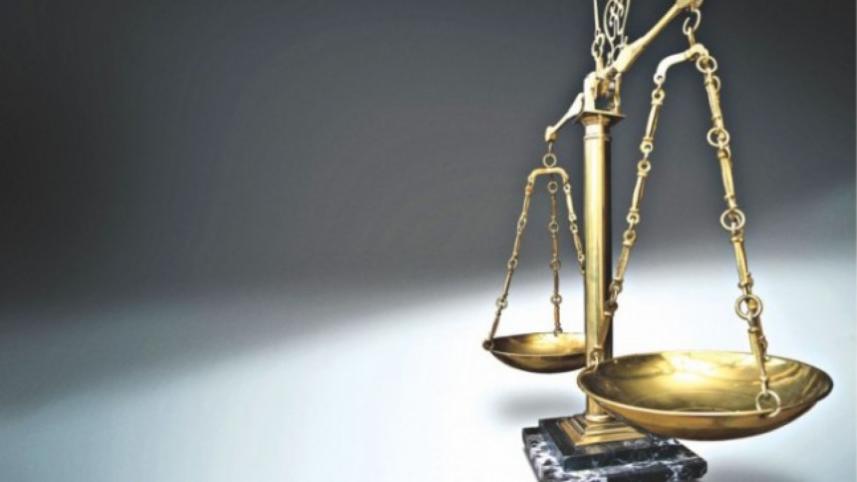Isn’t it a case of victimising the victim?

A number of women's rights groups as well as legal experts have disagreed with the recommendation of a Dhaka court to the police to not accept any rape case if a complainant goes to the police station 72 hours after the incident. We believe that this would further risk victimising the victims. For many women, it takes months—even years—to come to the conclusion that they want to fight such a case. In many cases, it may not even be logical to expect a victim to overcome her trauma within 72 hours. Then how can we expect them to make the decision to fight the case and, having made up their mind, make a complaint to the police, all within a 72-hour timeframe?
Given how unfriendly our police and justice system are toward victims of rape—as evident in numerous past cases—making the decision to fight such a case is even more difficult for women. On top of that, such preconditions might discourage victims from seeking legal help altogether. That is clearly not something that we would want.
Rape is one of the most serious crimes on the books. And women who are victims to it suffer from serious mental and physical trauma. That trauma can easily take a long time to heal. The social stigma that is often associated with rape means that any complainant has to muster up a huge amount of courage before stepping up and lodging an FIR and then fight the case—which often requires them to once again live through that trauma. Because of all these reasons, the justice system should be shaped in a way that encourages rape victims to pursue justice, not shy away from it. And the same applies when it comes to the attitude of law enforcement agencies towards any victim. Thus, the recommendation could well impact both and tip the balance of power against the victims.
As some activists have pointed out, what happens if a woman is raped and then forcefully held by the perpetrator for 72 hours? Will she never get the chance to seek justice?
As such, we humbly state, with all due respect to the judge, that the court's recommendations will not only not serve justice, but they will have the very opposite effects. With less than three percent of rape cases ending in convictions in Bangladesh, we request the courts to address the loopholes in the legal system and make it more friendly towards rape victims who, because of various social, cultural, economic and other reasons, have an extremely tough time pursuing and getting the justice they deserve.



 For all latest news, follow The Daily Star's Google News channel.
For all latest news, follow The Daily Star's Google News channel.
Comments